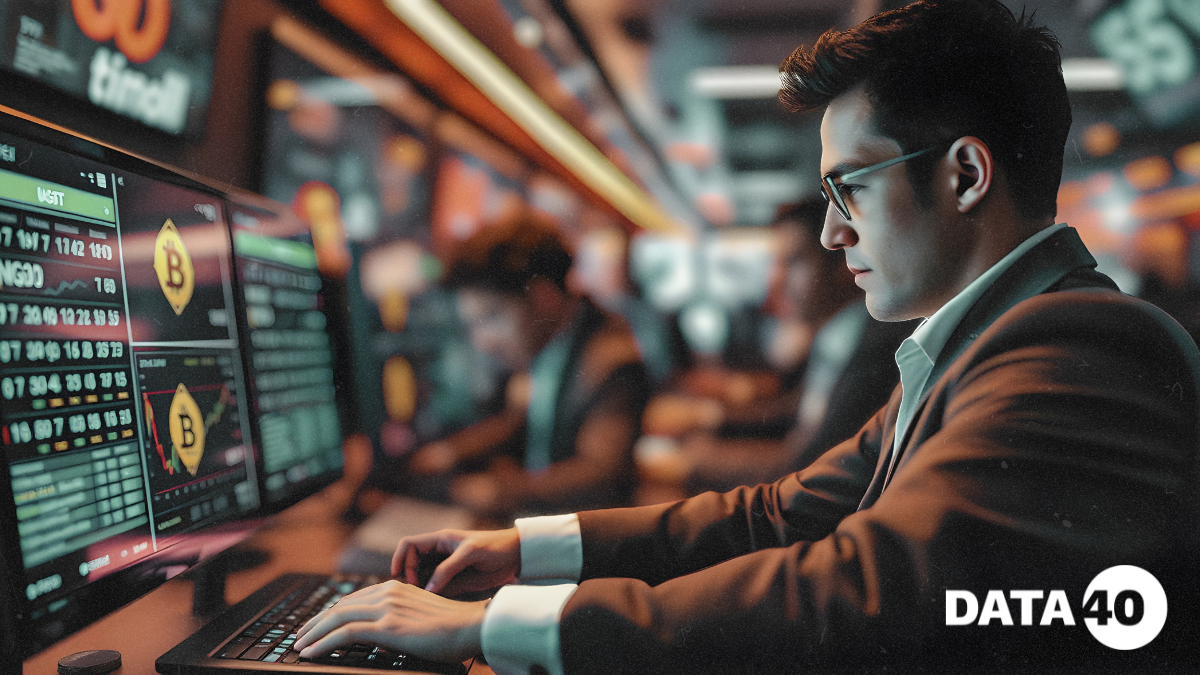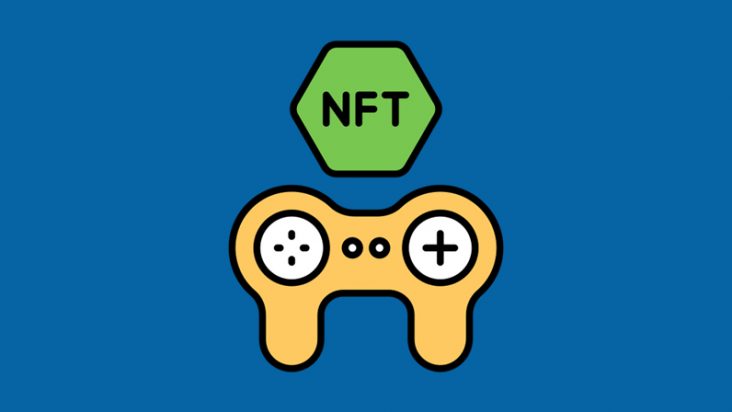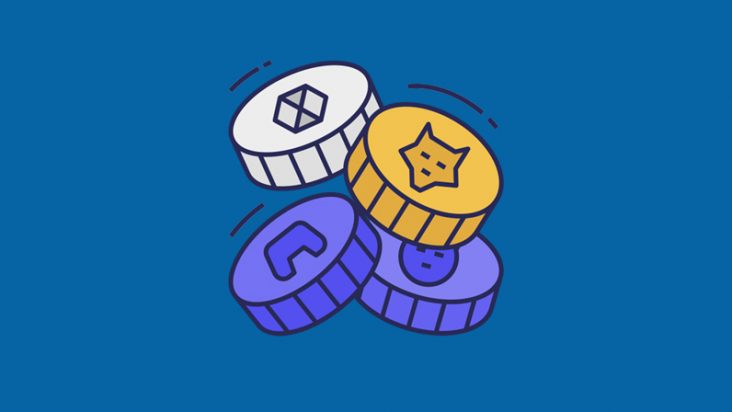
Thanks to blockchain technology, decentralized online casinos are gaining popularity among players, offering fairness, transparency, and full control over their funds. These innovative platforms open new opportunities for gambling enthusiasts, providing high RTP and trust through provably fair mechanisms.
Instead of relying on centralized companies that control operations, players can now enjoy games where every outcome is guaranteed and transparent. This is not just another trend but a serious shift that challenges traditional approaches to gambling and introduces new principles of trust and security.

How Do Decentralized Online Casinos Work?
Decentralized online casinos operate on blockchain technology. All gaming processes, including bets and results, are recorded in an open database accessible to any user. Unlike centralized platforms, where the company retains control over operations and funds, decentralized systems ensure transparency. This is achieved through smart contracts that automatically execute and regulate all operations within the blockchain. The entire gaming process is carried out via smart contracts, eliminating human interference and guaranteeing fairness and security.
Examples of such systems include:
- BC.Game
Launched in the mid-2020s as a crypto-casino with full blockchain support and provably fair mechanics. The platform offers more than 8,000 games, from classic slots to sports betting, and operates on smart contracts, ensuring instant payouts and transparency. It supports over 18 cryptocurrencies and is often mentioned as one of the leaders in the decentralized gambling space. - Wild.io
A crypto platform without KYC, where bets and payouts are managed via blockchain. It offers thousands of slots and table games with instant crypto payouts, extensive VIP programs, and transparent provably fair mechanics. - MetaWin
A unique Web3 casino that requires no registration — only a crypto wallet. Gaming is anonymous, with instant Web3 withdrawals and competitive prize pools in ETH and NFT rewards. The interface is streamlined and mobile-friendly. - Lucky Block
A platform aimed at a wide audience: it combines casino and betting, supports dozens of cryptocurrencies including meme tokens (BONK, SHIB, PEPE), offers VIP programs, cashback, and anonymity. A key feature is integration with Telegram through a bot, making access to games even easier and more user-friendly.
Provably Fair: Transparency You Can Trust
Centralized casinos that work with cryptocurrency have embraced the provably fair trend and started implementing it in their games. In this way, they are partially moving toward decentralization, or at least creating the impression of doing so. One of the key concepts defining decentralized online casinos is “provably fair” — a technology that allows players to independently verify the fairness of game results. Using algorithms that generate random numbers, players can confirm that outcomes were not manipulated. This builds a level of trust that was previously impossible in traditional systems.
Unlike regular online casinos, where winning odds can be adjusted based on operator policies, decentralized casinos (as well as traditional ones) set RTP (Return to Player) — a metric that shows the percentage returned to players. In theory, it can reach up to 99%, but in practice it usually stays at the upper range of 95%. This means players get back a much larger portion of their wagers compared to most traditional casinos, where RTP usually ranges from 85% to 95%.
Advantages for Players
In traditional online casinos, players are forced to rely on the platform and its governing bodies to ensure that bets and results are not falsified. In decentralized online casinos, this necessity disappears. Smart contracts automatically guarantee fairness, while the blockchain records every step of the process, providing full transparency.
Another important advantage is control over funds. On centralized platforms, players must trust the casino to store their money. In decentralized casinos, funds remain with the players, who manage them through cryptocurrency wallets. This gives them complete freedom and confidence that their money is safe and cannot be used without their consent.
In addition, decentralized platforms often offer higher return rates to players than traditional casinos, since there are no intermediaries or costs of maintaining centralized infrastructure. Another advantage is anonymity: participation requires only a crypto wallet, with no need to pass KYC procedures, making the process fast and confidential.
Controversial Aspects
DAO Governance. Despite the advantages of decentralization, unresolved issues remain. One of them is DAO governance: the idea of involving players in decision-making through voting seems promising, but in practice it faces low user engagement and risks of manipulation by large token holders.
Independence from Centralization. Most projects still retain elements of centralization. Developers continue to control interfaces, update smart contracts, and earn revenue from fees, which partially undermines the principle of full independence.
Provably Fair. The provably fair mechanism has its limitations: it works excellently for simple games like roulette, dice, or blackjack, but in more complex formats, such as poker or slots, it is often implemented only partially, leaving room for doubt about fairness.
DAO Casinos: The Future of Decentralized Gambling
It can be expected that decentralized casinos will increasingly integrate with the DAO (Decentralized Autonomous Organization) concept. In such casinos, the management and development of the platform would be carried out through player voting. Instead of relying on the leadership of a centralized company, participants could make proposals and vote for changes, creating a more democratic and transparent system.
In the future, as DAO casinos become more widespread, gambling could evolve into a truly open and fair space, where all participants are equal and protected.







